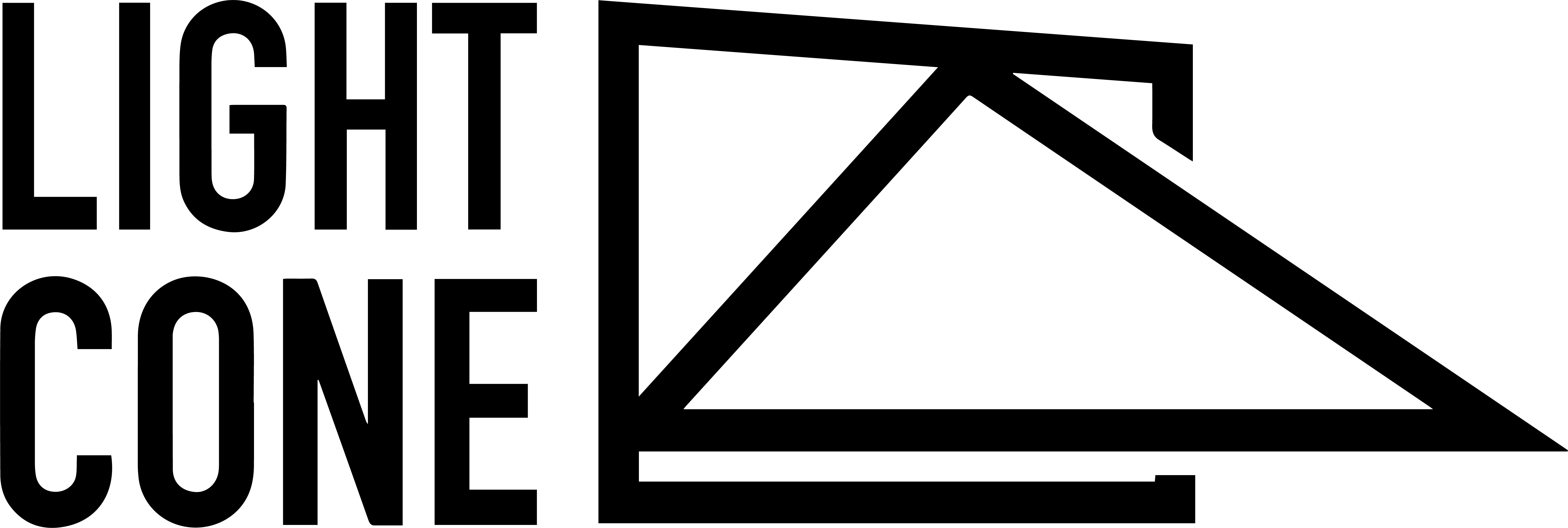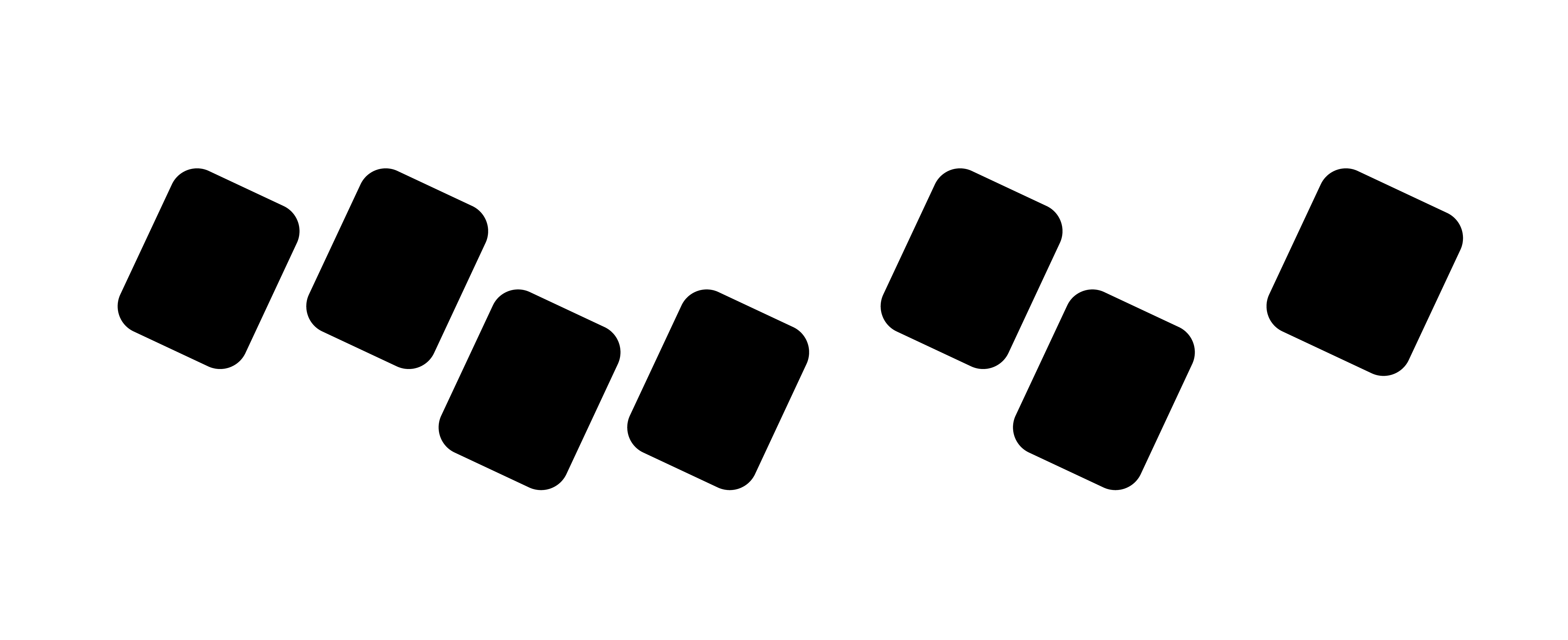
Beau Travail
Claire Denis's BEAU TRAVAIL follows the retired Foreign Legionnaire Galoup as he strictly commands his unit in Djibouti, East Africa. When the charismatic soldier Sentain joins the team, Galoup is consumed by destructive jealousy. The film’s precise military choreographies and the rugged beauty of the desert landscapes, combined with long, meditative takes, create a reflection on the fragility of masculinity. Agnès Godard’s subtle use of color and lighting captures the physical presence and intensity of the soldiers, while tenderly reflecting on the psychology of isolation and the tension between self-fulfillment and military discipline within a rigid system.
Denis employs a minimalist color palette of soft blues, turquoise, and grays, blending seascapes and desert views. This creates a surface of calm, clarity, and coolness beneath which tension begin to arise. The blue hues enhance the film’s soberingly meditative mood, while effectively highlighting the characters' self-alienation and estrangement from themselves.

Supporting Film: Arabesque for Kenneth Anger
Detailed patterns of Moorish architecture and Spanish tiles, captured in one short day at the Alhambra Palace in Granada, Spain. Marie Menken brings the arabesque forms to life with dynamic camera work. The rhythm of the movements in combination with the music of Teiji Ito unfolds a hypnotic effect in which visual poetry and artistic abstractions become blurred.


